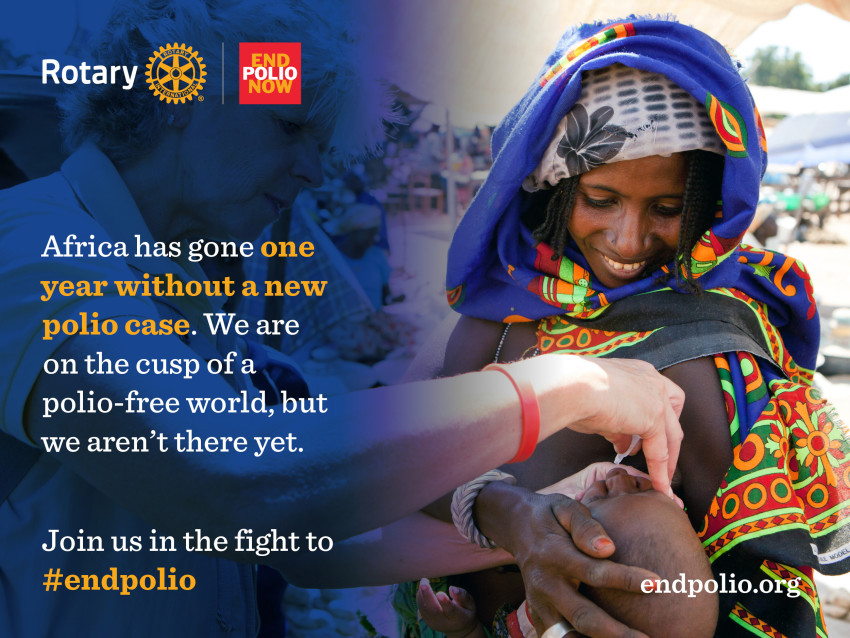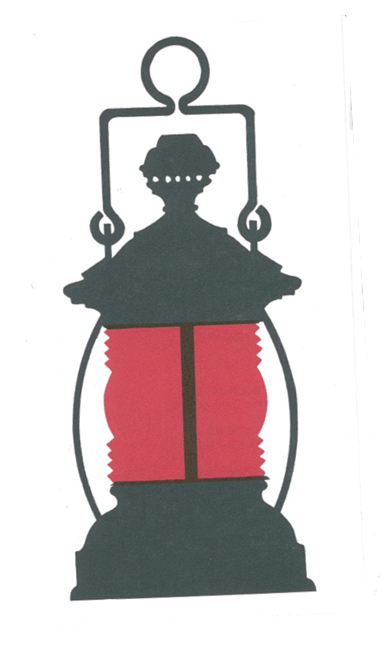Africa marks one year today, August 11, 2015, without wild polio. On July 24, 2015, it was one year since the last case of wild poliovirus was found in Nigeria, the only remaining country in Africa where polio had never been stopped. This achievement could signal that the world will soon see a polio-free Africa, a major milestone in global public health. The Rotary Club of Cincinnati has long supported efforts to end this crippling disease, through donations and fundraising efforts.
Rotary — the global organization composed of more than 34,000 community-based Rotary clubs — has been a leader in the fight to eradicate polio since 1985, when it launched PolioPlus, the first global initiative to immunize children against polio. The organization has contributed more than $1.4 billion to efforts to end the disease.
Nigeria’s last polio case occurred on July 24, 2014, in southern Kano state. As a result, the World Health Organization (WHO) may soon remove Nigeria from the list of polio-endemic countries. Africa hasn’t seen a new case since August 11, 2014. When Nigeria and the entire African region go three years without a case of polio, WHO will certify them as polio-free. In 2014, WHO declared India and its Southeast Asia region polio-free.
Despite today’s milestone, experts caution that the world must remain vigilant. The next two years will be critical to ensuring that Nigeria remains on track and keeps polio from returning. The support of donors, governments, and partners like Rotary is needed more than ever to ensure there is no recurrence of the disease.
Beyond Nigeria, Pakistan and Afghanistan are the only countries left where polio has never been stopped. According to experts, eradication efforts will be most challenging in Pakistan, which accounted for nearly 90 percent of the world’s polio cases in 2014. But there has been recent progress. In June, Pakistan reported a decline of more than 70 percent in polio cases in 2015, compared with the same time period last year. Also, Rotary and its partners are implementing innovative new strategies to address the challenges there.
In 1988, there were 350,000 cases of polio annually, in 125 countries — about 1,000 cases per day. Rotary and its partners have reduced that figure by more than 99.9 percent, and in 2014, there were fewer than 400 cases in the entire world.
We encourage you to support Rotary’s efforts to end polio by visiting endpolio.org to learn more.









































